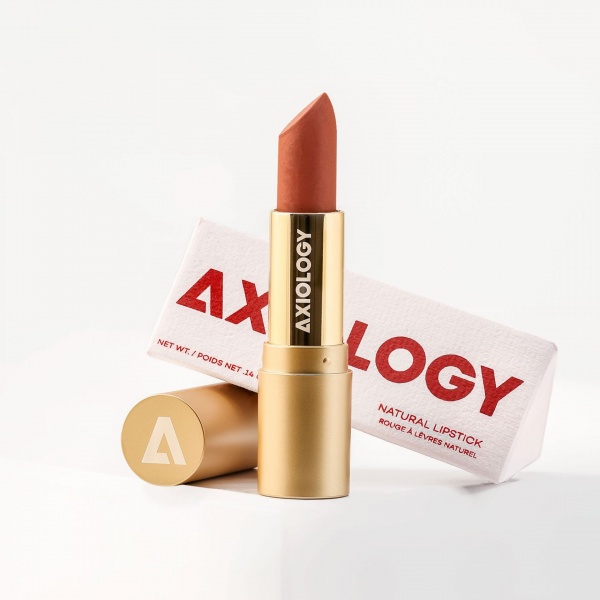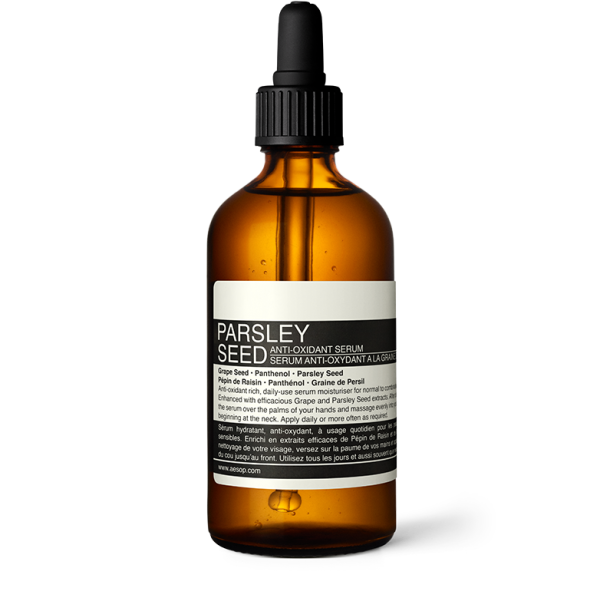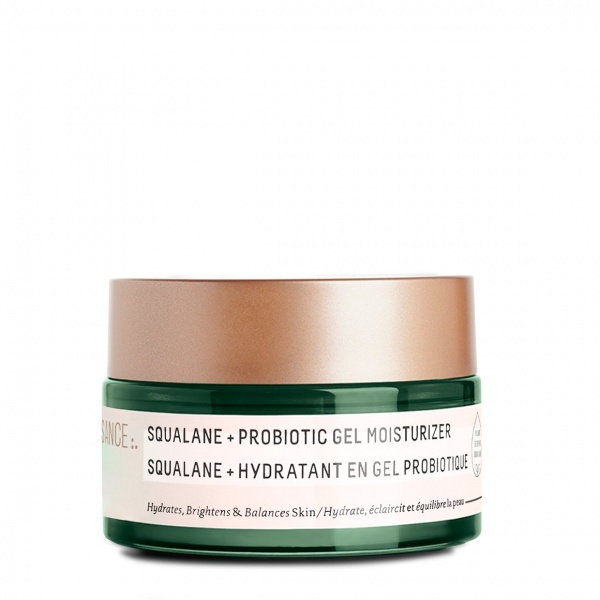
Beauty terminology can be confusing, here's what you need to know about vegan beauty. Image Yuona Uritsky
- Beauty
What is vegan beauty exactly?
Helping you navigate beauty speak
By Megan Prowd
A few years back, veganism was something of a fringe idea. While vegetarianism was fairly common, veganism had a particularly crunchy identity. But veganism has rushed into prominence, and with the rise of the plant-based diet, it’s now likely that you, or someone you know is vegan. In fact, an estimated 2 per cent of all Australians are thought to be vegan. In the US, 2019 was declared the year of the vegan, with an estimated one quarter of millennials identifying as vegan or vegetarian.
Given the meteoric rise of veganism, it’s little wonder the beauty industry has taken note. In fact, vegan beauty is in such a boom phase, that the industry is projected to be worth $US20.8 billion dollars by 2025. While vegan products may not necessarily be better for your skin or achieve better results, they often use more natural ingredients (although you should always check labels) and most importantly, they allow you to align your beauty routine with your personal beliefs – and it’s clear many of us now believe a vegan friendly lifestyle is good for our health and the planet.
So, what exactly does vegan beauty mean?
Beauty terminology can be confusing – sometimes intentionally so. But in simple terms, to be considered vegan, a product must be free of all animal products and by-products: this includes raw materials and ingredients. Non-vegan products can contain ingredients like lanolin (produced from sheep), beeswax, honey, animal-derived collagens, squalene (often sourced from sharks) and carmine (from crushed beetles). But given there is no universally recognised vegan certification, determining a vegan product can be tricky. Although many brands are not certified, many use certifications from organisations like PETA, The Vegan Society and Choose Cruelty.
As with any boom industry, imposters are always popping up. In clean beauty terms, this is known as greenwashing. That is, intentionally vague or misleading claims that make a product appear natural, sustainable or vegan when it’s not. Often, it’s incredibly tricky to detect greenwashing. The best way to avoid it is, do your research before you purchase, look for certification from reputable organisations and know your terminology.
Cruelty-free is not vegan
While vegan and cruelty-free are two different things, there is often crossover between the two, which can make it confusing. While vegan refers to the product’s ingredients, cruelty-free refers to the production methods – specifically, that there is no animal testing at any level of the supply chain, including raw materials. Cruelty-free products often carry the Leaping Bunny certification; but remember this doesn’t automatically mean a product is vegan.
Our top 5 vegan brands
Axiology
Dedicated vegan and cruelty-free, Axiology products are made of natural food-grade ingredients. They also support animal-rights organisations like PETA.

Aesop
This Aussie success story has long been dedicated to the vegan cause, with 100 percent vegan, plant-based formulas.

Biossance
A range of skincare based on sustainable sugarcane-derived squalane oil, in place of the common animal-derived squalene.

Hourglass
100 percent vegan and cruelty-free, with a range of high-quality vegan friendly makeup brushes.

Inika Organic
Vegan, cruelty-free and organic, with a range of ethical certifications and plant-based ingredients.

Tips: how to identify if a brand is vegan or not
- Look for certification from the following organisations: PETA, The Vegan Society, Choose Cruelty Free
- Some beauty stores and online destinations now offer a dedicated vegan-approved section. Try the Adore Beauty vegan store, which guarantees vegan friendly products and removes the label reading for you
- The Australian organisation Choose Cruelty Free has a comprehensive list of accredited vegan and cruelty-free companies on its website
- The PETA website has a comprehensive Animal-Derived Ingredients List for reference
- The Environmental Working Group’s Skin Deep catalogue rates over 70,000 personal care products and has their own ‘EWG’ stamp of approval
